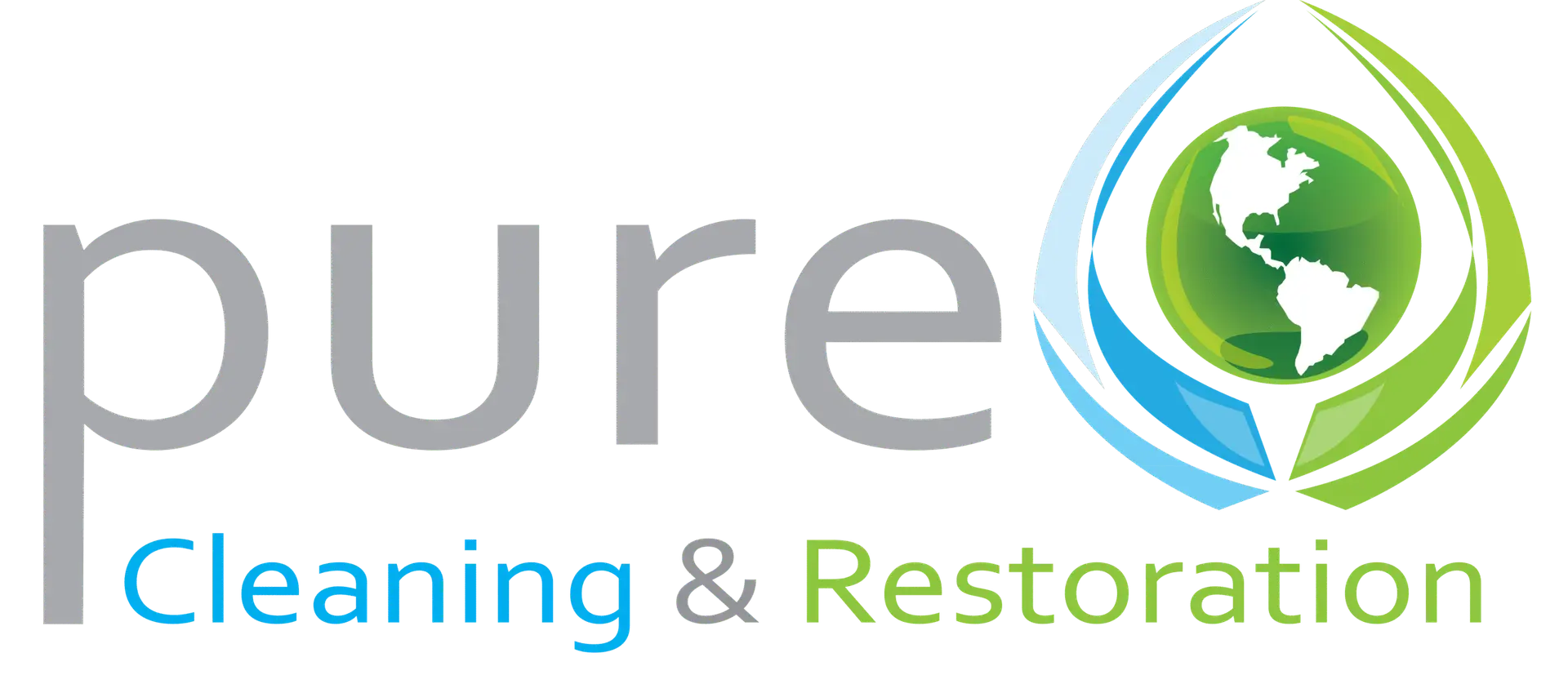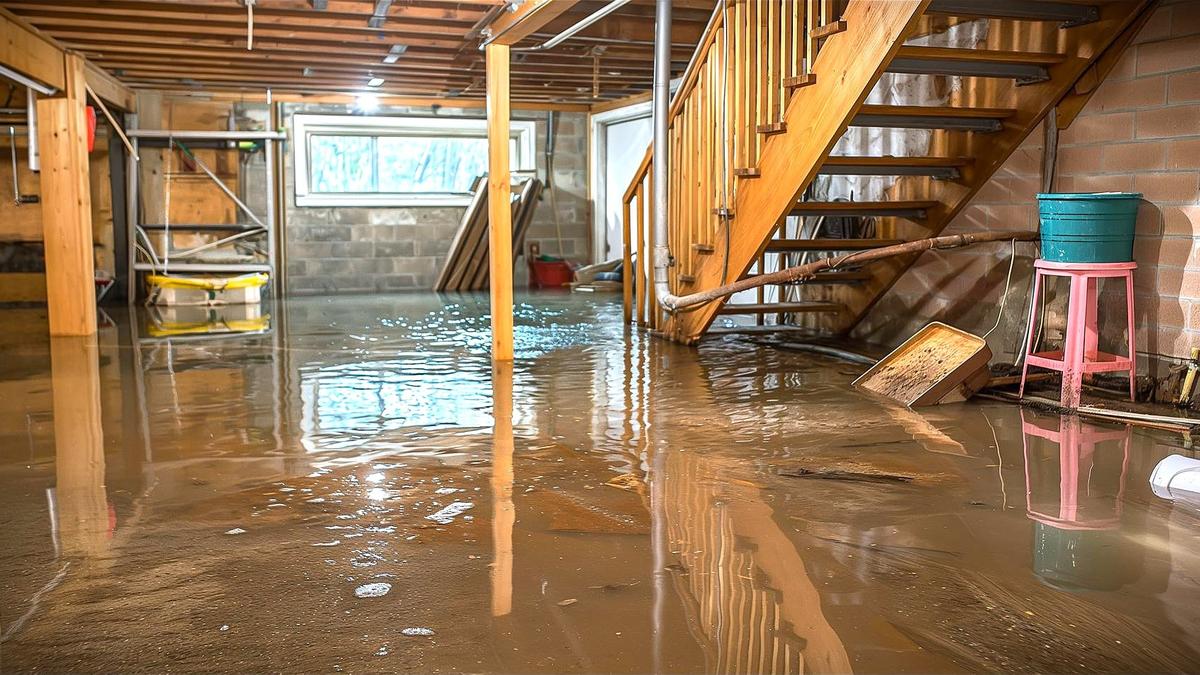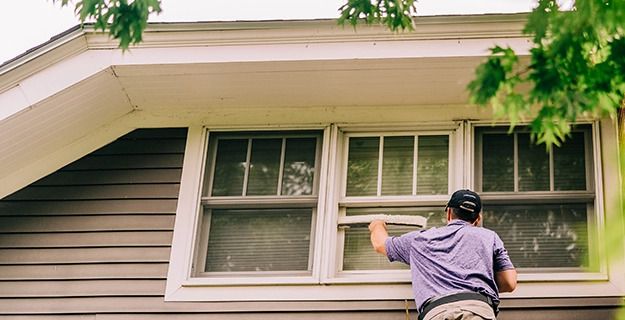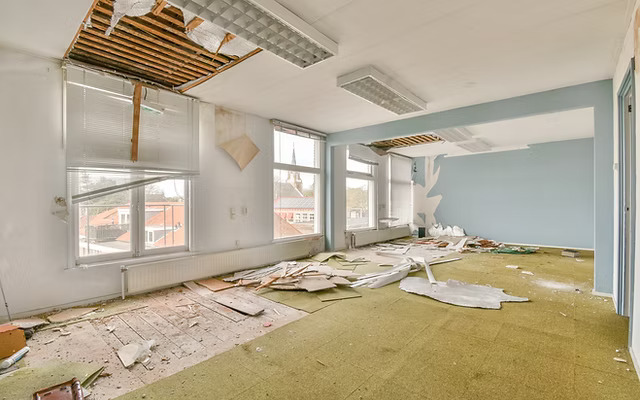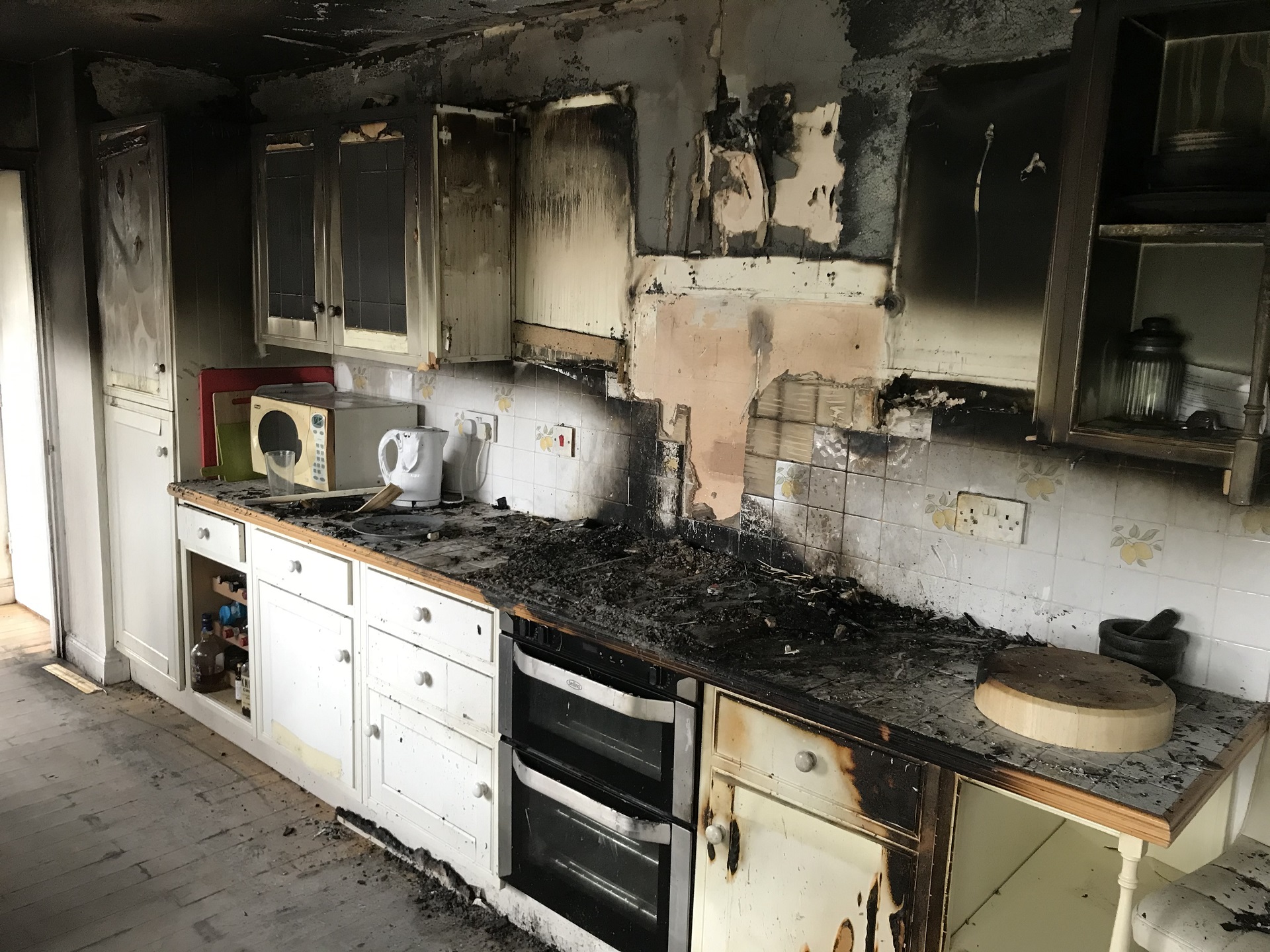After a fire, flood, or mold outbreak, many homeowners ask: Should I try cleaning this up myself, or hire a professional?
While DIY solutions may seem cheaper, the truth is that post-disaster cleanup involves hidden risks that most homeowners aren’t prepared for. A certified restoration specialist brings training, equipment, and experience to ensure your home is safe.
In this guide, we’ll compare DIY vs professional restoration in Utah, focusing on Salt Lake County fire damage restoration and other emergencies. By the end, you’ll know what’s truly safer for your family and your home.
What Does a Restoration Specialist Do?
A restoration specialist is a trained professional certified to restore homes after disasters such as fire, water, or mold.
Key responsibilities include:
Assessing structural damage
Extracting water and drying affected areas
Removing soot, smoke, and odors
Cleaning and disinfecting surfaces
Performing mold remediation
Coordinating with insurance providers
Unlike a general contractor, restoration technicians are certified through organizations such as IICRC to follow safety and health standards.
The Risks of DIY Disaster Cleanup
At first glance, DIY cleanup looks affordable. But Utah home restoration requires more than just a mop and fan.
Risks of DIY include:
Hidden water damage that leads to mold growth
Incomplete smoke cleanup that leaves toxins in the air
Electrical hazards after floods or fires
Insurance claim denial if professional documentation isn’t provided
A 2022 FEMA report found that mold can begin forming within 24–48 hours of water damage if not handled properly. DIY solutions rarely act fast enough.
Why Utah Disaster Restoration Services Are Safer
Professional Utah disaster restoration services use advanced equipment and proven methods to make your home safe again.
Benefits of hiring a restoration specialist:
24/7 emergency response to limit damage
Industrial-grade equipment (air scrubbers, thermal imaging, dehumidifiers)
Certified expertise in fire, water, and mold cleanup
Insurance claim support for faster approval
Guaranteed safety standards that protect your family
When it comes to Salt Lake County fire damage restoration, smoke particles can linger in HVAC systems and walls. Only professionals can fully remove them.
Salt Lake County: Common Scenarios Where DIY Fails
Homeowners in Salt Lake County often face emergencies that require more than DIY solutions.
Smoke Damage – After kitchen fires in Salt Lake City, smoke seeps into furniture and vents. DIY cleaning leaves lingering odors.
Flooded Basements – In Sandy and West Valley, floods overwhelm DIY pumps. Restoration teams provide full extraction and drying.
Mold Growth – Older homes in Millcreek and Murray often hide mold behind drywall. Certified remediation ensures complete removal.
Each case shows why professional Utah home restoration is safer than taking matters into your own hands.
DIY vs Professional Restoration in Utah: Cost vs Safety
While DIY cleanup may save money upfront, long-term costs often outweigh the savings.
DIY Cost: Cleaning supplies and rental equipment (~$300–$800).
Professional Cost: Restoration services vary, but insurance often covers much of it.
Long-Term Risk of DIY: Mold remediation or smoke damage repairs later can cost 5x more than calling a restoration team initially.
Bottom Line: Professional restoration protects your health and your wallet in the long run.
Conclusion: Why You Should Call a Restoration Specialist First
When disaster strikes, the choice is clear: a restoration specialist ensures complete recovery, safety, and peace of mind. DIY cleanup might seem tempting, but for true Utah home restoration, trust certified experts.
If you’re in need of Salt Lake County fire damage restoration or any Utah disaster restoration services, contact Pure Restoration Utah for 24/7 emergency support.
📞 Request emergency service here
Frequently Asked Questions (FAQ)
Q: Can I clean smoke damage myself?
A: Surface cleaning may remove stains, but smoke particles penetrate walls and air systems. Only professionals ensure full removal.
Q: How soon should I call a restoration specialist after water damage?
A: Within 24 hours. Waiting longer increases mold risk.
Q: Does insurance cover Utah disaster restoration services?
A: Most homeowner policies cover fire, water, and storm restoration. Documentation from certified technicians helps maximize coverage.
Q: Is professional restoration worth the cost?
A: Yes. DIY often leads to recurring damage, while professionals prevent long-term health and structural risks.
